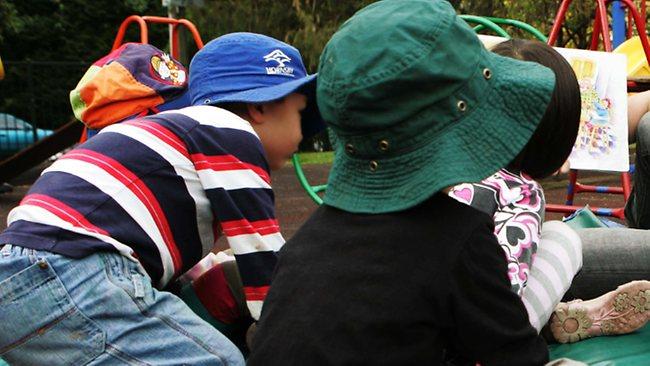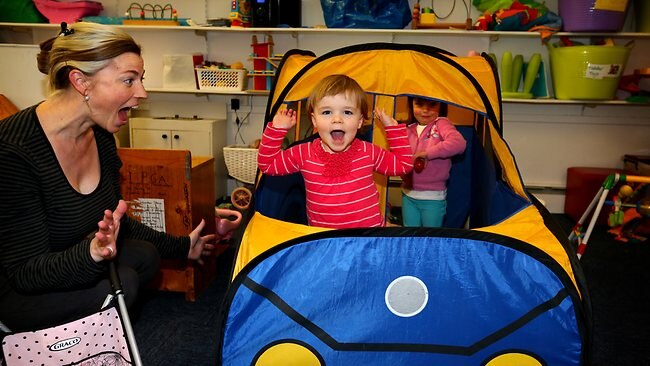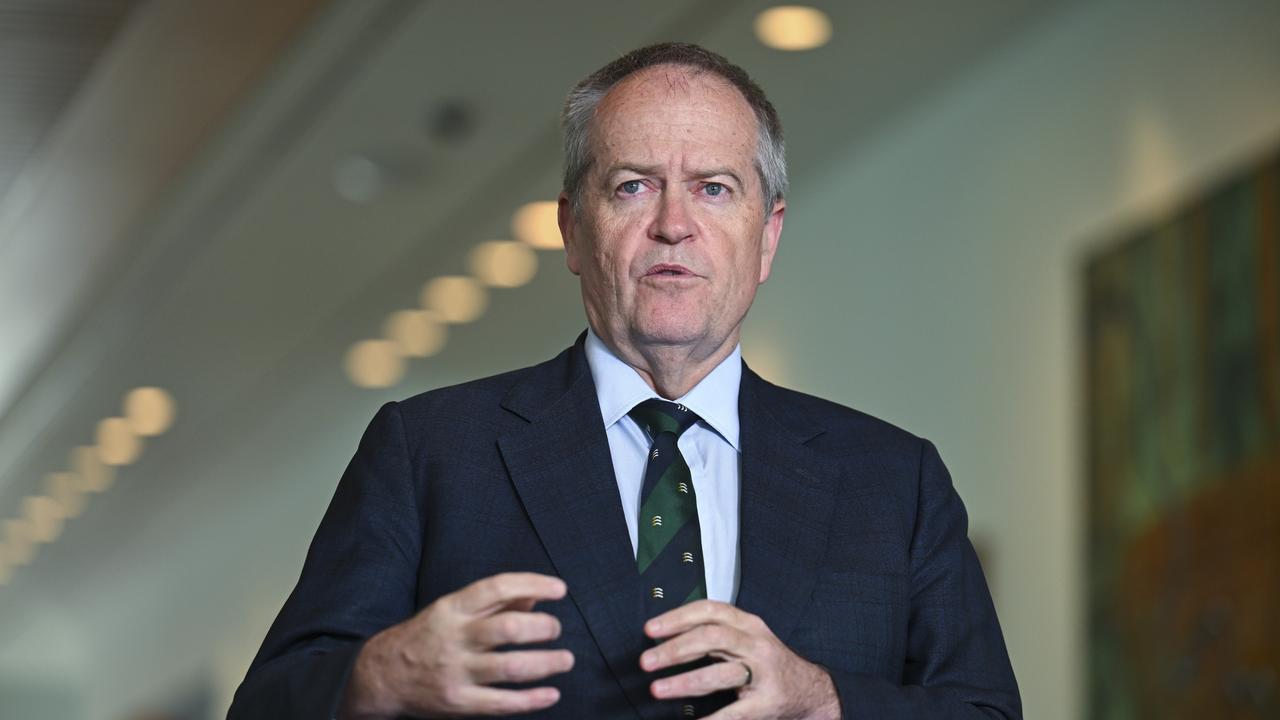Childcare splits parents, experts
PARENTS see childcare centres as a babysitting service allowing them to work, with their main concern being the safety of their child.

PARENTS see childcare centres as a babysitting service allowing them to work, with their main concern being the safety of their child rather than the quality of education provided in the most crucial years of development.
Research commissioned by the Centre for Community Child Health at the Royal Children's Hospital, Melbourne, highlights the chasm between early childhood experts and parents in their understanding of a child's development. The study by the non-profit US-based Frameworks Institute was based on in-depth interviews with experts and parents.
It found that, to experts, early development was about the developing brain, whereas for parents it was about "childcare, physical safety and a time when things were better for kids and their families in Australia".
While experts see childcare as a key phase of development in children, parents view it as "a custodial institution where physical safety is the primary concern".
"Experts see science as a source of effective remedial programs and preventative policies (but) several of the public's way of thinking about development creates a powerful . . . push-back, in some cases casting science as the source of problems," the report says. "Australians look backwards to find solutions to current issues of child development, to an idyllic past when every child had two parents, a full-time mum, 'heaps of quality family time' and a strong community.
"Experts, on the other hand, see the progress of scientific knowledge as the way to create better programs and improve outcomes."
Brisbane mother of two Kristin Humphries, 33, said childcare was first and foremost a matter of keeping her children Lachlan, 2, and Maddie, 3, safe while she worked as an office manager.
"In a perfect world we'd worry about their development at childcare but the pressure of work means my first concern is: do they have somewhere to play and be looked after while I earn money?" she said.
"I just don't think about childcare in terms of a place where the kids transform into smarter and better adapted children, even though that probably happens at the same time I'm worried about from the office."
Pediatrician and CCCH director Frank Oberklaid said the study revealed a level of poor understanding in the general community about the early years of a child's life, and that most of a child's development occurs before they start school. "The Australian narrative is that kids are better off playing at home with mum and enjoying themselves. There's lots of time to learn when they get to school and childcare is a place for 'poor' parents who have to work or selfish parents who choose to work," he said.
"When we talk early years curriculum or early learning, what they see is school-age concepts pushed down, four-year-olds in classrooms doing maths."
But Professor Oberklaid said early childhood education was about developing skills and providing a range of experiences and relationships for a child's social, emotional and psychological development that could happen at home or in childcare.
He said research into brain development clearly showed that a child's success at school was set in the first few years of life and that high-quality childcare could prevent learning difficulties at school.
"So why are we still having the debate about whether we can afford high-quality childcare?" Professor Oberklaid said.
ADDITIONAL REPORTING: RICK MORTON



